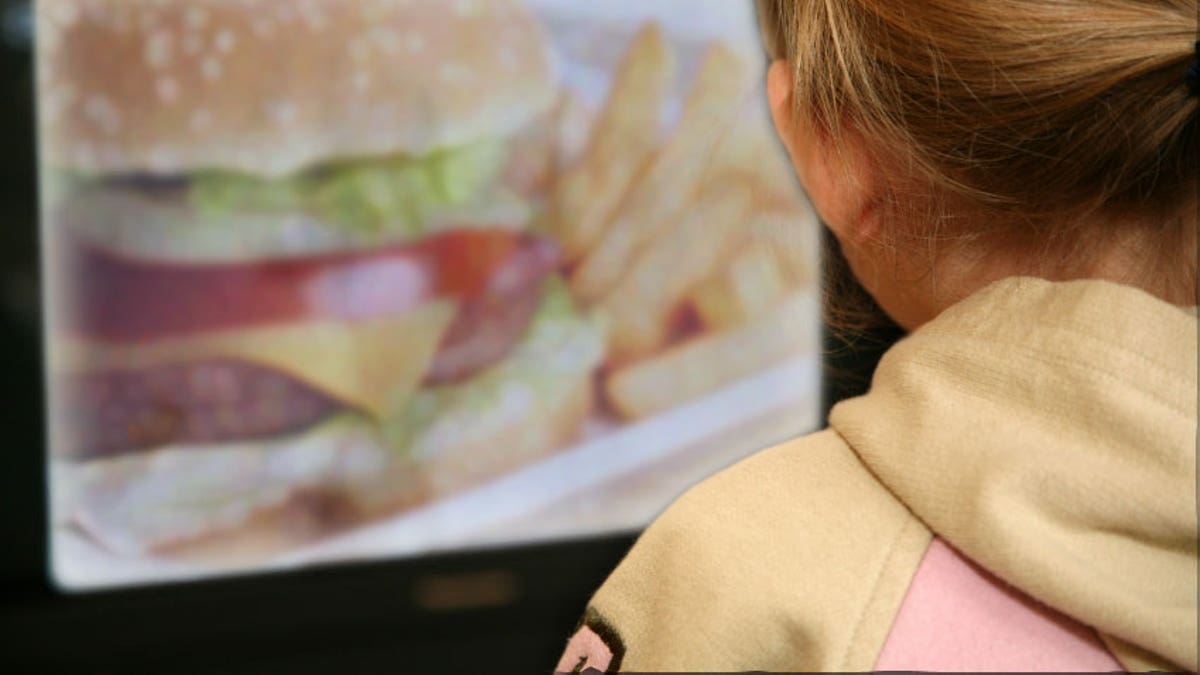
Obese children may be more susceptible to food advertising than healthy-weight children, a new study finds, suggesting one reason the nation's childhood obesity rate might continue to climb.
According to the Centers for Disease Control and Prevention, the percentage of 6- to 11-year-olds who are obese climbed from 7 percent in 1980 to nearly 20 percent in 2008. The number of obese 12- to 19-year-olds also soared, increasing from 5 percent to 18 percent during the same period.
To determine how the children in the study responded to advertisements for various foods, researchers turned to functional magnetic resonance imaging (fMRI), which uses blood flow to measure brain activity. All 20 children in the study were shown 60 familiar food logos and 60 familiar nonfood logos as the researchers monitored how their brains responded to each. Half the children were obese, meaning their mean body mass index (BMI) was in the 97.9th percentile. The 10 healthy-weight children had a mean BMI in the 50th percentile.
The researchers found that regions of the brain associated with reward were more active in obese kids than in healthy-weight children after the youngsters viewed the food logos. And areas of the brain associated with self-control were more active in healthy-weight kids than in their obese counterparts. To rule out the possibility that one group of children was hungrier than the other, all the children provided a pre-scan self-reported hunger rating; both groups had similar scores. The study was done at the University of Missouri-Kansas City and the University of Kansas Medical Center.
Currently, food and beverage companies in the United States spend more than $10 billion annually on marketing their wares to American children in an effort to "build brand recognition, brand preference and brand loyalty," the researchers said.
Because of this, "one key to improving health-related decision-making may lie in the ability to improve cognitive and self-control," the researchers added. Prior research has shown that the inability to delay gratification may play a role in BMI. "Including self-control training with obesity and behavioral health interventions may lead to greater success" in weight-loss efforts, the researchers said.
The study appears Friday (November 30) in The Journal of Pediatrics.
- 10 Ways to Promote Kids' Healthy Eating Habits
- 4 Healthy Snacks to Keep You Feeling Full
- High BMI Predicts Heart Risks as Well as Large Waistline
Copyright 2012 MyHealthNewsDaily, a TechMediaNetwork company. All rights reserved. This material may not be published, broadcast, rewritten or redistributed.
